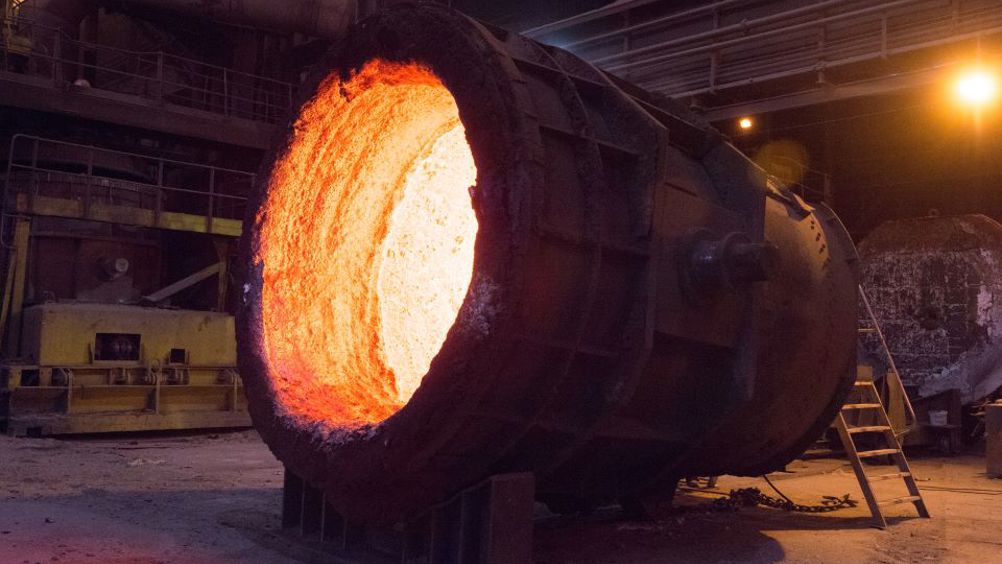Research programme to investigate hydrogen’s impact on refractories
Work is due to start on research examining the potential impact on industrial processes when using hydrogen as an alternative fuel source.

The three-year research agreement between the Materials Processing Institute (MPI), Trent Refractories and Kanthal will focus on the effect of hydrogen on refractories, the heat resistant materials that form the linings for high-temperature furnaces, crucibles, ladles, and kilns used primarily in the iron and steel industry.
It will also test a range of electrical elements for use in high temperature applications to discover any advances that need to be made to ensure full operating demands are fulfilled under an aggressive hydrogen atmosphere.
The initial phase will involve the testing of refractory materials supplied by Scunthorpe-headquartered Trent Refractories to mitigate any degradation caused by hydrogen.
According to MPI, samples will undergo a complex and advanced range of testing at the Institute in hydrogen-rich atmospheres, including microscopy and porosity tests.
For their part, Swedish industrial heating technology company Kanthal is seeking to advance the use of electric furnaces and green steel. Teesside-based MPI will also test a series of electrical elements designed by Kanthal that can tolerate hydrogen’s high heating values at its hydrogen research facilities. It will further investigate and test new materials to ensure they are industry ready as clean hydrogen is further introduced across industrial processes over the next few years.
Register now to continue reading
Thanks for visiting The Engineer. You’ve now reached your monthly limit of news stories. Register for free to unlock unlimited access to all of our news coverage, as well as premium content including opinion, in-depth features and special reports.
Benefits of registering
-
In-depth insights and coverage of key emerging trends
-
Unrestricted access to special reports throughout the year
-
Daily technology news delivered straight to your inbox










National Gas receives funding to develop Gravitricity underground hydrogen storage system
One single rock salt mine - Winsford - has 23 <i>MILLION </i>cubic metres of void and even allowing for 10% of that void set aside for hazardous waste...